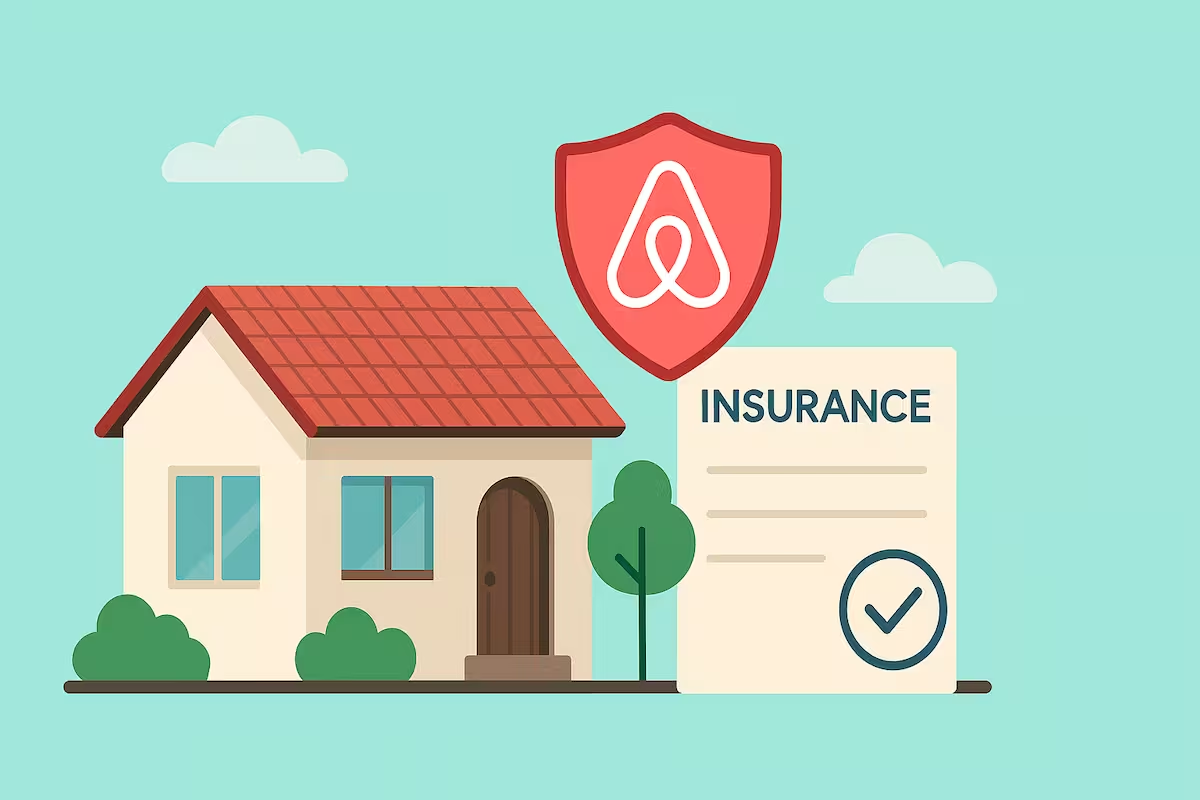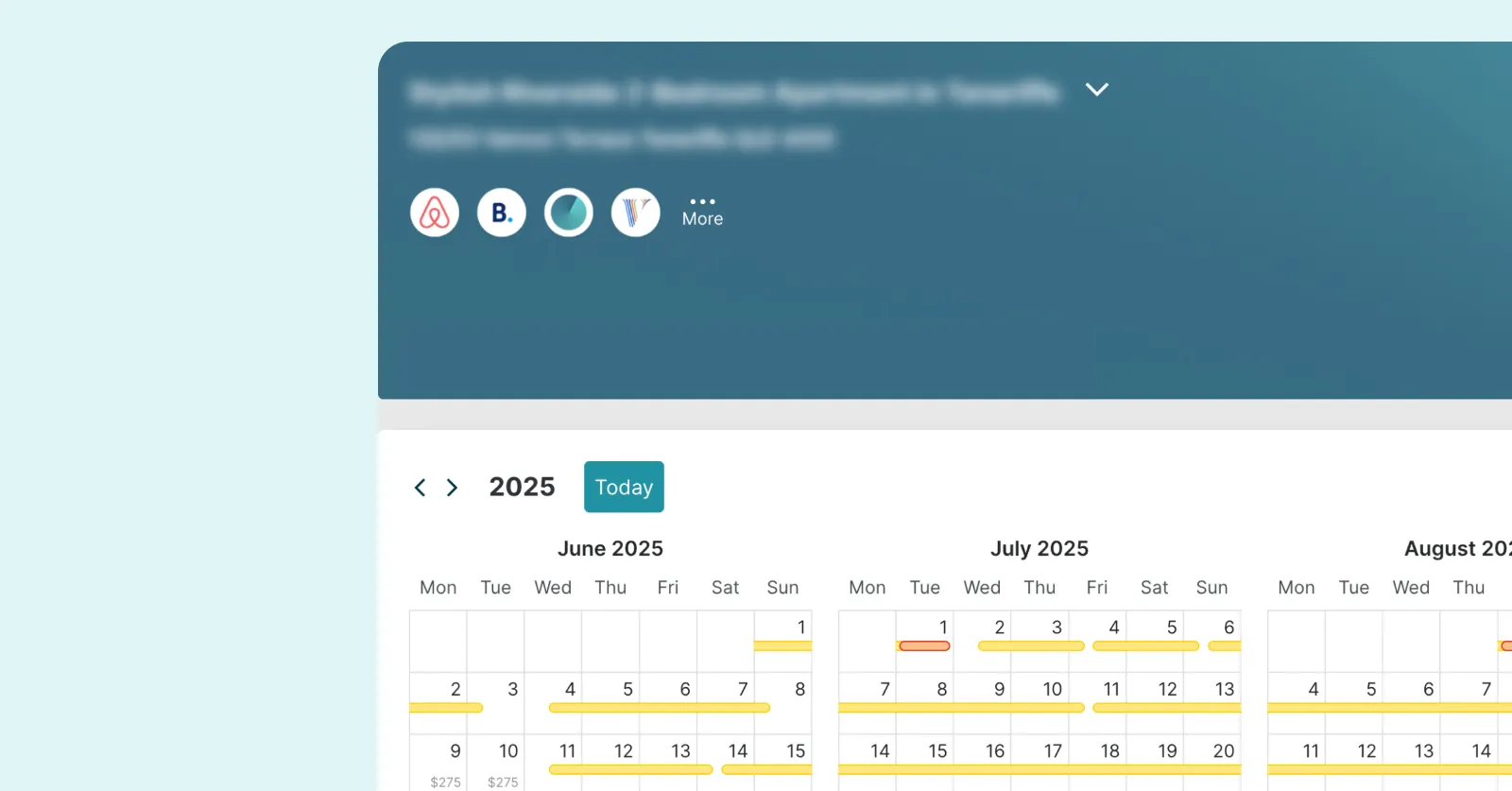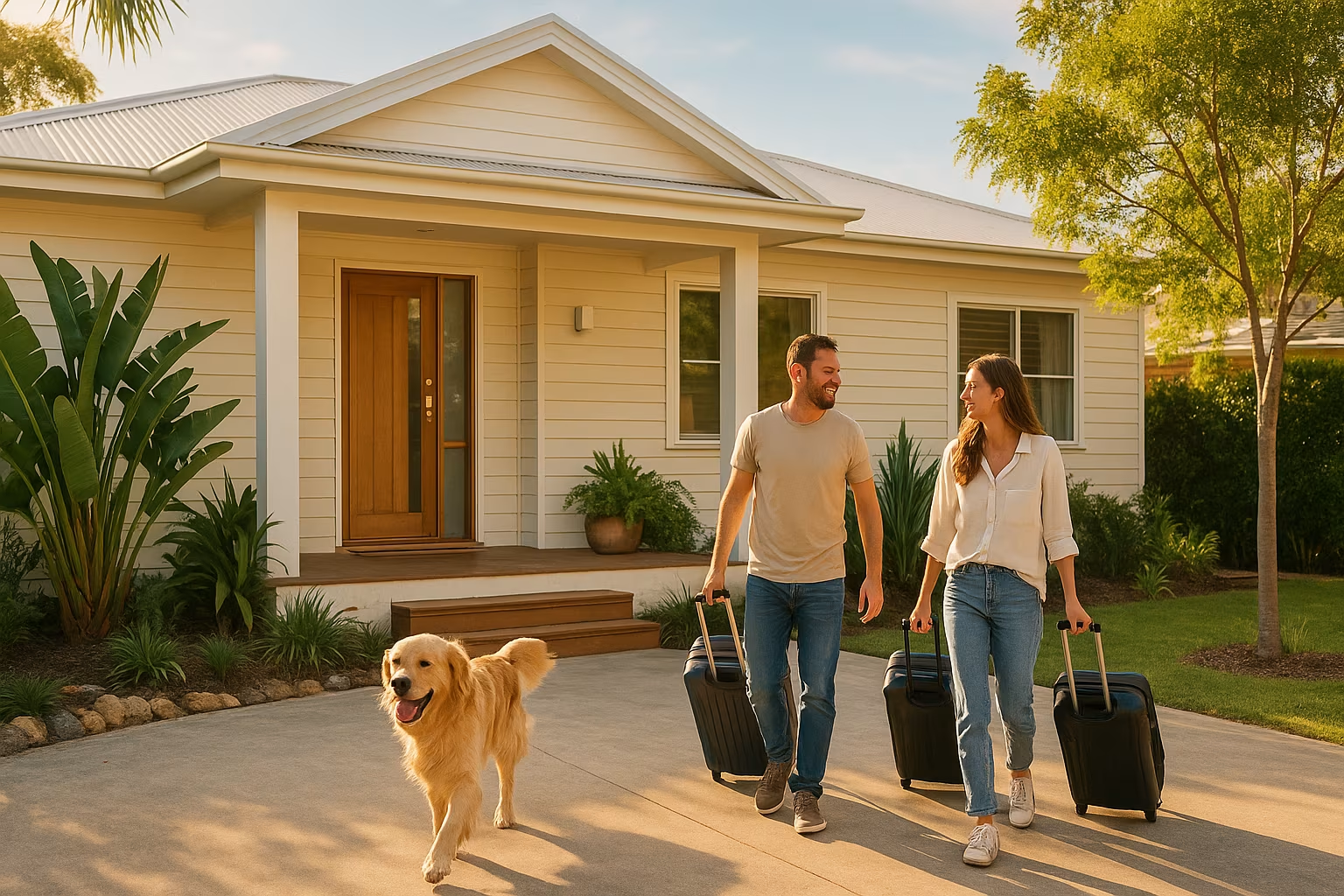AirCover for Hosts in Australia: What It Covers, What It Doesn’t, and the Insurance You Still Need

If you host on Airbnb in Australia, AirCover is a helpful safety net—but it isn’t a complete insurance solution. Understanding exactly what’s covered, where the gaps are, and which policies you still need will protect your returns, keep you compliant, and prevent nasty surprises at claim time. Here’s the practical rundown, based on the latest 2025 settings.
AirCover for Hosts in Australia: what’s included (2025 update)
AirCover is automatic and free for Australian Hosts, with no excess. It provides up to US$3 million in host damage protection for guest‑caused damage to your home and contents. That can extend to pet damage, unexpected deep cleaning, rekeying, and lost income if you have to cancel confirmed bookings because of damage. There’s also host liability insurance up to US$1 million per incident for claims by guests or third parties for bodily injury or property damage during a stay—typically including legal defence costs—and this applies to hosts and co‑hosts.
Claims must be lodged within 14 days of checkout (or before the next guest checks in), and you’ll need time‑stamped photos, receipts/valuations and, for theft or malicious damage, a police report. Airbnb offers 24/7 support, and Superhosts get fast‑track handling to speed up assessments and payouts, which are paid via your Airbnb payment method.
The gaps: what AirCover doesn’t cover—and common claim pitfalls
AirCover isn’t a contract of insurance—it’s a discretionary program with capped benefits and strict conditions. Miss the 14‑day claim window, or fail to provide the required evidence, and your claim can be declined. Broad exclusions apply, including wear and tear or maintenance issues, mould and pests, cash/valuables/vehicles, and damage in common or shared areas of an apartment building. Damage to the building fabric or owners corporation common property typically falls outside AirCover, leaving you or the strata insurer to handle it.
Liability cover is also limited: Airbnb’s host liability tops out around US$1 million per incident, well below the public liability limits commonly expected in Australia (often $20 million) and what some strata by‑laws or local rules require. Crucially, relying on platform protections does not satisfy Australian obligations. Regulators and insurers warn that short‑term letting without disclosure or the correct policy can void your building/contents cover. With new costs and rules arriving in some states (for example, Victoria’s 7.5% short‑stay levy from 1 January 2025), gaps can quickly become expensive if you’re under‑insured.
The insurance stack Australian short‑stay owners actually need
Start with the fundamentals. For houses, hold a building and contents policy that explicitly covers short‑term letting. For apartments, the owners corporation’s strata policy covers the building and common property only—you still need your own contents and fixtures cover (carpets, appliances, blinds) for guest‑related damage. Add a dedicated public liability policy that covers paying guests; in Australia, $20 million is a common limit, and NSW’s STRA Code of Conduct requires appropriate liability cover regardless of platform protections.
Round it out with specialist short‑stay/holiday‑let landlord insurance. This is designed for Airbnb‑style hosting and can cover accidental and malicious damage by guests, theft, and loss of rent during insured repairs. Most standard home or landlord policies exclude or restrict short‑term letting unless you disclose and add the right endorsement. Expect indicative premiums in the low‑thousands per year: roughly $800–$1,500 p.a. for a metro apartment and $1,500–$3,000+ p.a. for a freestanding house in coastal/regional hotspots, with typical excesses around $400–$750 (higher for flood/cyclone in the north). Premiums have been rising—often 20–30% in 2023–24—so budget a 10–20% buffer or consider a higher voluntary excess to help manage annual costs.
AirCover vs insurer claims: timelines, evidence and how to get paid
AirCover claims go through Airbnb’s Resolution Center. Lodge within 14 days of checkout (or before the next guest), attach time‑stamped photos, proof of ownership, and receipts/quotes; theft or malicious damage usually requires a police report. If the guest doesn’t resolve it within 72 hours, you can escalate to Airbnb. Approved payouts generally have no excess and are paid via your Airbnb payment method.
Insurer claims follow the General Insurance Code of Practice. Insurers must decide within 10 business days to accept, deny or request more information, provide updates at least every 20 business days, and pay within 10 business days of settlement. If they need to investigate, they generally must finalise within four months, with escalation through Internal Dispute Resolution and AFCA if you disagree. Specialist short‑stay policies usually ask for evidence of a paid booking/guest identity, invoices/quotes and police reports for theft or malicious damage; depreciation and an excess can apply. Failing to disclose STR use—or holding a policy that excludes it—can delay or void a claim.
Compliance that can void cover: STRA rules, strata and safety requirements
Airbnb requires Hosts to comply with local laws. In NSW, that means registering on the STRA Register, meeting the STRA Fire Safety Standard, and observing planning rules such as the 180‑night cap for non‑hosted homes in Greater Sydney. Operating unregistered or outside these rules is unlawful and can lead to listing suspension and declined claims under platform protections.
Your strata by‑laws and safety obligations also matter. In NSW, schemes can prohibit short‑term letting in lots that aren’t the host’s principal place of residence—breaching by‑laws or DA conditions is an unauthorised use that can void platform protections and give insurers grounds to refuse a claim. Safety compliance is non‑negotiable: NSW STRA requires smoke alarms in bedrooms and hallways, a fire extinguisher and fire blanket in the kitchen, plus an evacuation plan. Queensland mandates interconnected photoelectric smoke alarms in every bedroom and hallway. Pool barrier laws apply where relevant. Failure to meet statutory safety standards is a common reason fire or liability claims are declined.
Ready to de‑risk your short‑stay and optimise returns? MadeComfy can audit your compliance and insurance settings, manage guest screening and property care, and lift your occupancy and nightly rates. Get a free short‑term rental income estimate and see how professional management pays for itself.



.webp)
.png)



.png)




![[Video] Why is short-term rental the best choice for your property?](https://cdn.prod.website-files.com/62424e2368138bbce27b7ba7/64895ae54325bd7562bd62d8_62e0aeef16206d318472f2fd_46.jpeg)



![How to write the perfect Airbnb listing [Guide]](https://cdn.prod.website-files.com/62424e2368138bbce27b7ba7/64895adb9095455fa4c59e07_62e08c76f7203c3deae22bb0_53.jpeg)

![[Video] Airbnb maintenance for short-term rentals](https://cdn.prod.website-files.com/62424e2368138bbce27b7ba7/64895adcc0a2086ed3dff11a_62de105e132cbef04c318949_70.jpeg)
















![What to offer Airbnb guests - [7 essential tips]](https://cdn.prod.website-files.com/62424e2368138bbce27b7ba7/64be134b0499d4b9ed58a4cd_64a4c32e14f9983555bf52b9_What%2520to%2520offer%2520Guests%2520-%25207%2520essential%2520tips.jpeg)


![[Infographic] Airbnb guest expectations](https://cdn.prod.website-files.com/62424e2368138bbce27b7ba7/64895ae0c0a2086ed3dff469_62d79f3be7b9b7b86e7b6b11_60.jpeg)


.jpeg)





